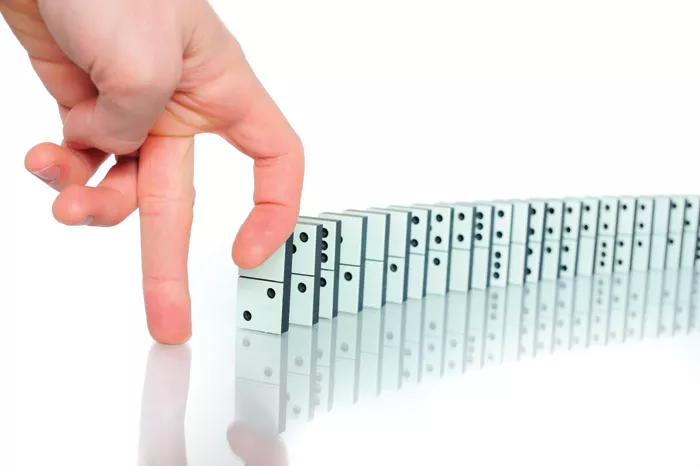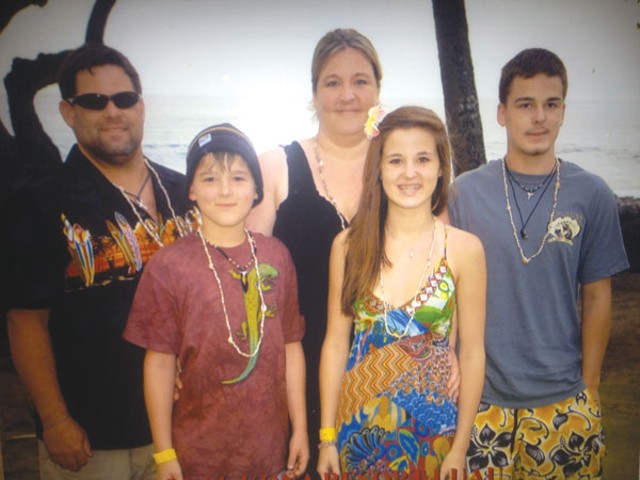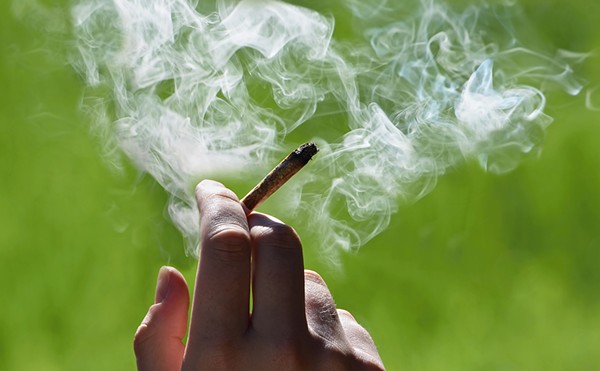One of the most interesting stories I’ve read this past year is that of the Lykovs, a Russian family that lived off the land in the Siberian wilderness for more than 40 years before they were discovered in late 1978. Smithsonian magazine did a big story on them last winter, and versions of it have been making the rounds ever since.
In 1936, Karp Lykov, a fundamentalist Russian Orthodox Christian angered by Bolshevik persecution, took his family of four to live in the wilderness. You can search the Internet to find the whole story. The point of interest here is that the Lykov family grew hemp to make clothing (apparently they dragged parts for a spinning wheel and a loom into their mountain valley) and ate the seeds.
“By the time the Lykovs were discovered, their staple diet was potato patties mixed with ground rye and hemp seeds,” writes Mike Dash.
None of the articles I’ve read make a big deal about their utilization of hemp, but it stood out to me. The family had no weapons and sometimes went more than a year without meat, as their hunting methods were either digging traps or chasing elk on foot until the animal died from exhaustion. They also ate berries and pine nuts, but they were regularly near starvation. I wonder if the family, which expanded to six with two babies born in the wild, would have survived without hemp in their harsh environs.
The hemp enthusiasts out there can tell you about the nutritional value of its seeds. The general profile is that hemp seed is easily digested, it’s a complete protein with all nine essential amino acids and has lots of good minerals. Some sources refer to it as a “super food.” The Lykovs ate it because it was what they had, but it would seem they couldn’t have chosen a better supplement to go along with their potatoes and rye. It takes a lot of energy to run down an elk.
There was no discussion of these pioneers using cannabis in any other way than for food and clothing. Still, I wonder if some chilly evening they threw a pile of buds on the fire to warm things up and ended feeling pretty mellow while enjoying what God had provided for them.
Oh, Oh Domino
Back when the war in Vietnam was going badly, the U.S. government advanced the Domino Theory as a reason to keep fighting. The theory was that if we allowed South Vietnam to go communist, then nearby countries would fall into the communist camp like a row of dominoes set up to topple each other. Indeed, after the North Vietnamese won, communists took over in Laos and Cambodia.
Something of the same order may be happening in the War on Drugs. Uruguay’s President José Mujica has signed a law that legalizes marijuana for recreational use in the South American country. It is the first nation to go all the way with legalization, and many are watching to see what happens next. It’s only been a couple of weeks, but Peru may indeed be the domino that topples the drug war in South America.
Argentina’s drug czar has begun speaking about a “new approach.” It’s also worth noting that nearby Peru and Chile have already decriminalized possession of small amounts for personal use by adults.
Michigan Dominoes
The domino effect seems to be working its way across Michigan too. In November, Ferndale, Lansing and Jackson voters gave thumbs up to decriminalization bills in those cities (hot on the heels of five successful initiatives in 2012). Activists are considering possible municipal initiatives for 2014. So far they have a pretty good success rate, even while operating with meager financial resources, and it seems picking the right locales is essential to keep the dominoes falling. Every time Michigan voters had a choice to soften marijuana laws in a municipality these past few years, they have chosen to do it. Activists want to keep that record intact.
To Dispense or Not
Folks in Michigan have been fighting about this since the Michigan Medical Marihuana Act passed in 2008. The MMMA did not specifically allow for dispensaries and, in February 2013, the state Supreme Court ruled, in the McQueen case, that dispensaries are not allowed.
But there is hope. Late last year, the state House passed HB 4271 to allow municipalities to decide whether to allow medical marijuana “provisioning centers.” The bill still needs to go to the state Senate and get the governor’s signature. Folks expect this to pass, and it will take the fight over dispensaries to the local level. Certainly some towns will choose not to allow dispensaries, but there should be enough of them around so that patients can be served well.
Led by Children
Children AFFECTed the wrangling over marijuana more in 2013 than ever before. And it wasn’t a plea to save the children from the “evil weed.” On the national level, television personality Dr. Sanjay Gupta flipped to the pro-medical marijuana side and apologized for his former opposition. His CNN special report on it featured the tale of a child whose 300 seizures a week were reduced to about three a month after being treated with CBD-rich marijuana.
In Michigan, two children affected the debate. One is Alysa Erwin, a teenage girl from northern Michigan who was declared cancer-free in January 2013 after treating her brain cancer with Rick Simpson Hemp Oil. It has now been 30 months since she was given 18 months to live by her doctor. Erwin has stepped out and begun speaking publicly about her treatment to give hope to others.
The other child is Bree Green. Bree wasn’t treated with marijuana for an illness, but she and her family were treated badly because of marijuana. The state Department of Human Services removed 6-month-old Bree from her home because her parents, Steve and Maria Green, are medical marijuana patients.
Her father treats his epilepsy with it. Her mother has multiple sclerosis and is a caregiver. Somehow a Child Protective Services worker decided the home was inherently dangerous because robbers could show up to steal the marijuana.
It took the Greens a couple of months to get their child back, and they were forced to take parenting classes. Also Bree has to take monthly drug tests to certify that she is not being exposed to marijuana smoke.
This case highlights how the War on Drugs is used to tear apart families as “punishment” for drug use. When activists stepped up to support the Greens financially and legally, the state dropped its stupid case and returned Bree to her parents. This goes on regularly with authorities seizing people’s children and their property in order to pursue their expensive and losing war. Steve Green said he was willing to die for his daughter, but there is no reason why the state should make him chose between effective medication and having his child.
In sum, it’s been a big year. There have been setbacks — and people are still being arrested and terrorized — but we’re seeing substantial wins at an unprecedented pace. For instance, the feds claim they will not interfere with state-licensed sales in Washington and Colorado. Let’s keep it up in 2014.







